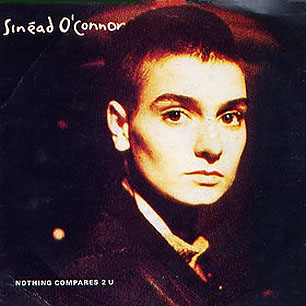What makes a song resonate with listeners
All manner of things can go into making a song a hit. It might be a catchy riff or repeatable chorus, or it could just be good marketing. Pop songs with no meaning behind them, written for the performer, can take the world by storm. Dance tracks intended just to get you moving, can become best sellers. They can also easily be forgotten, as the next dance track to get you on the dancefloor lands, or the next marketing fad takes over. What makes real music, music that lasts, is a well-written song with a message that resonates, and often, that is a song written about a personal experience.
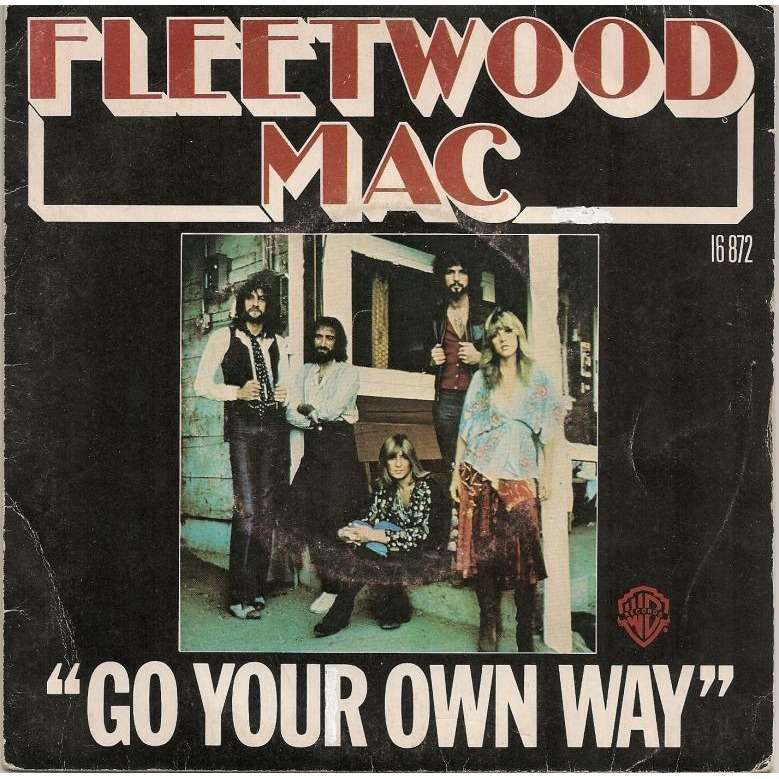
Imagine if Stevie Nicks and Lindsey Buckingham has never broken up; we wouldn’t have the unbelievable Go Your Way by Fleetwood Mac. Gwen Stefani’s career was launched on the back of the same experience, although it was bandmate Tony Kanal she hauntingly sang Don’t Speak at with their band, No Doubt. It isn’t just breakups that inspired songs. The Beatles’ song Hey Jude is an ode to Julian Lennon, which helped him cope with the break-up of his parent’s union and his father getting together with Yoko Ono. Johnny Cash wrote The Man in Black to explain, quite simply, why he always wore black. These are all songs written about something personal.
Why is personal experience so important in a song, and why does it resonate with listeners?
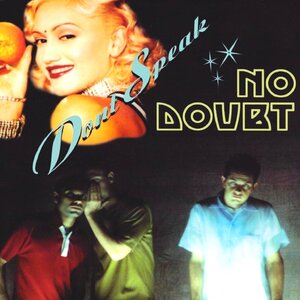
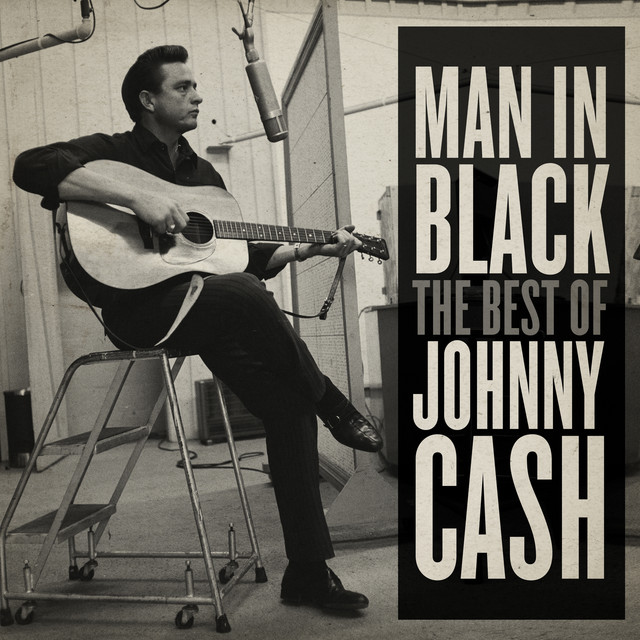
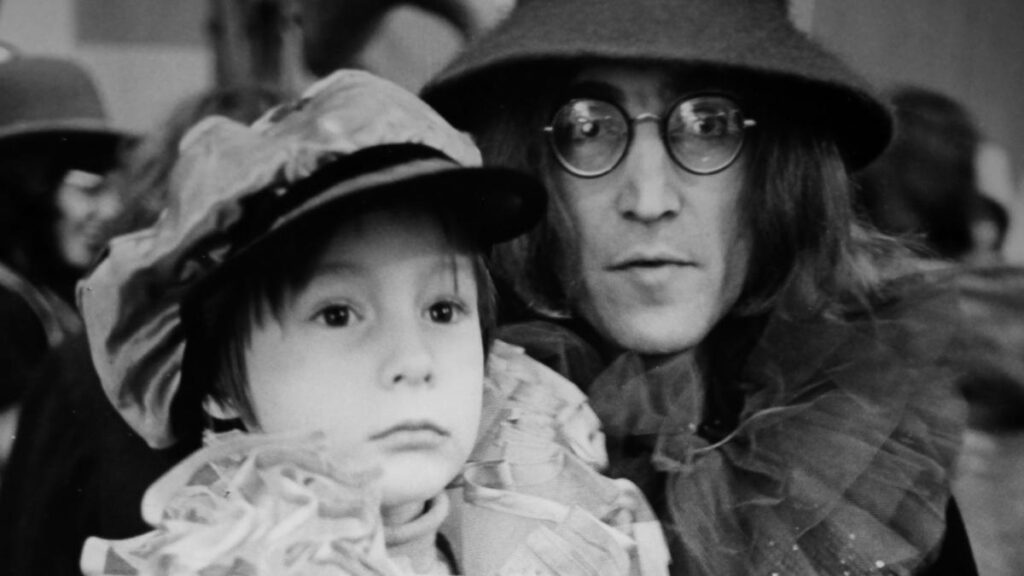
Telling a story
One way an artist makes a song memorable is by telling a story. Some people, such as Bruce Springsteen, can tell stories of others with such panache, they feel like his own. Take the song Highway Patrolman from the 1982 release Nebraska – it is a great story, but it’s entirely fictional. There is no Perrineville, nor a Michigan County, and there’s no song called The Night of the Johnstown Flood. However, the story feels real, and the easiest way to make a story feel real for most people is to tell a real story.

The power of a story should not be underestimated. Singer-songwriter Bacon James Music explains how a good song takes the reader on a journey, with a start, a middle, and an end. He demonstrated this with his track Lost and Found (at the Santa Fe), and whilst it appears fictional, James has previously explained how he knows the river about which he sings. Indeed, many singer-songwriters may feel more comfortable telling a story they know, to ensure that the real impact is felt. Think of it this way – are you more comfortable telling a story you heard, trying to remember it, or telling one which you lived through? It’s likely the latter. You remember the details, and how it felt, and that makes the story more real to the person you’re telling.
We can’t all be Bruce Springsteen, but we do all have a story to tell.
Shared Experiences
The problem with fiction is that it is made up. Nobody listening to Highway Patrolman will think, ‘I know Michigan County roads’ because there is no such place. However, if you’re listening to Walking in Memphis by Mark Cohn, you can feel the song because you may have been there. Indeed, Cohn went to Memphis having suffered from writer’s block, and lived a personal experience. Having been to a place, seeing its intricacies and nuances, and then putting that in a song, makes it feel more believable.
There’s also an element of interpretation within a song that shares an experience. If a listener hears a song about your experience and feels the same, it touches them on a different level. This was explored within the track Falling Again by Emmrose. By writing about a very personal experience, anxiety attacks, she delivered a message to other sufferers that they’re not alone – they could empathize and feel a connection to the music because it was a real story and one they were familiar with.
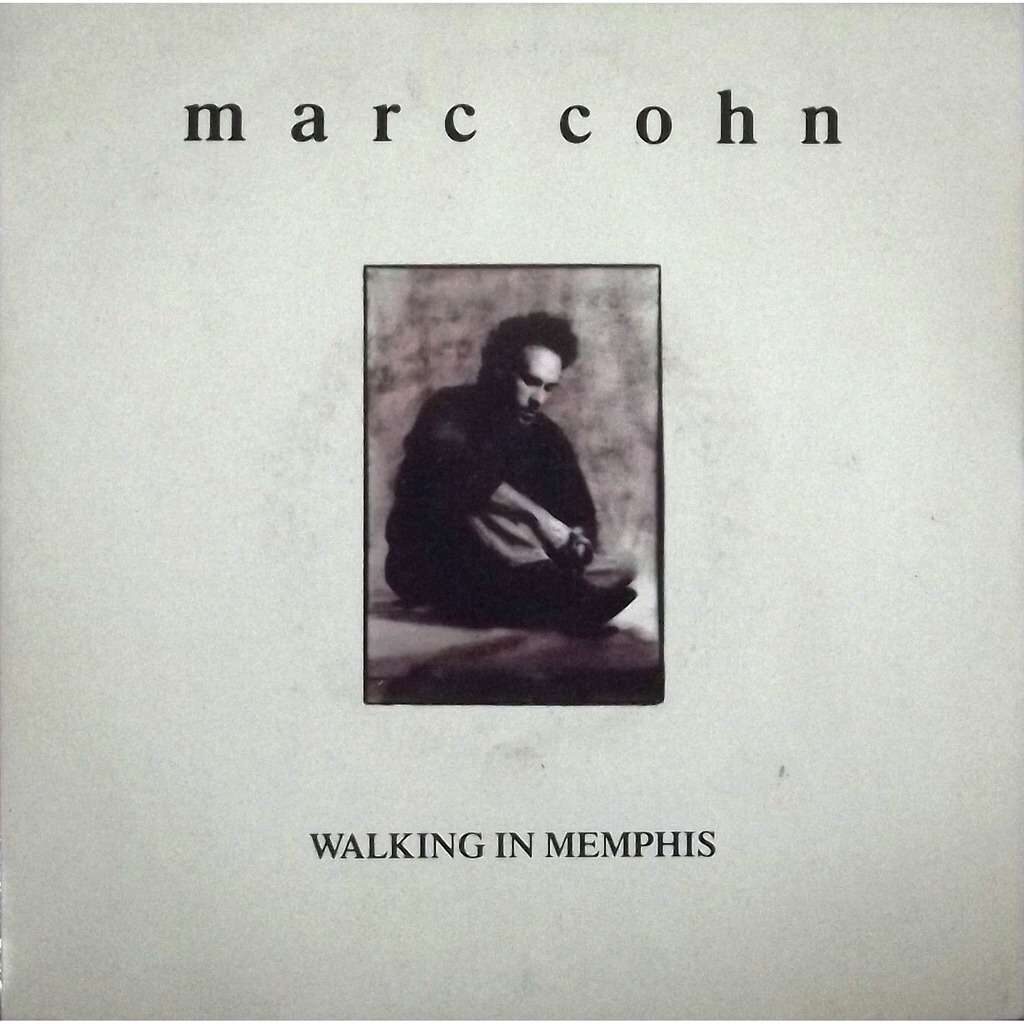

Emotion
That ‘real’ connection is the key to songs written about a personal experience. If I ask you to tell a story that upsets you that someone told you, you can do so, but would it grab you by the heartstrings? No, probably not. Now if I asked you to tell me a story about something that you lived and that upset you, the emotion would come through for you. The same goes for songwriting. If you write a song about your experiences or personal emotions, the feelings can often be found easier in the song.
Consider the song Nothing Compares 2U, written by Prince but not particularly about anything personal to him. Sinead O’Connor took the song and released it in 1990, giving a haunting rendition. Why? Because it resonated with her, having lost her mother in a car accident in 1985. Which version do you remember? Prince? Or O’Connor? It’s likely you remember the one that had real emotion and experience behind it, and that’s why writing, or even just performing from personal experience, is so powerful.
Written by Annie Baker
